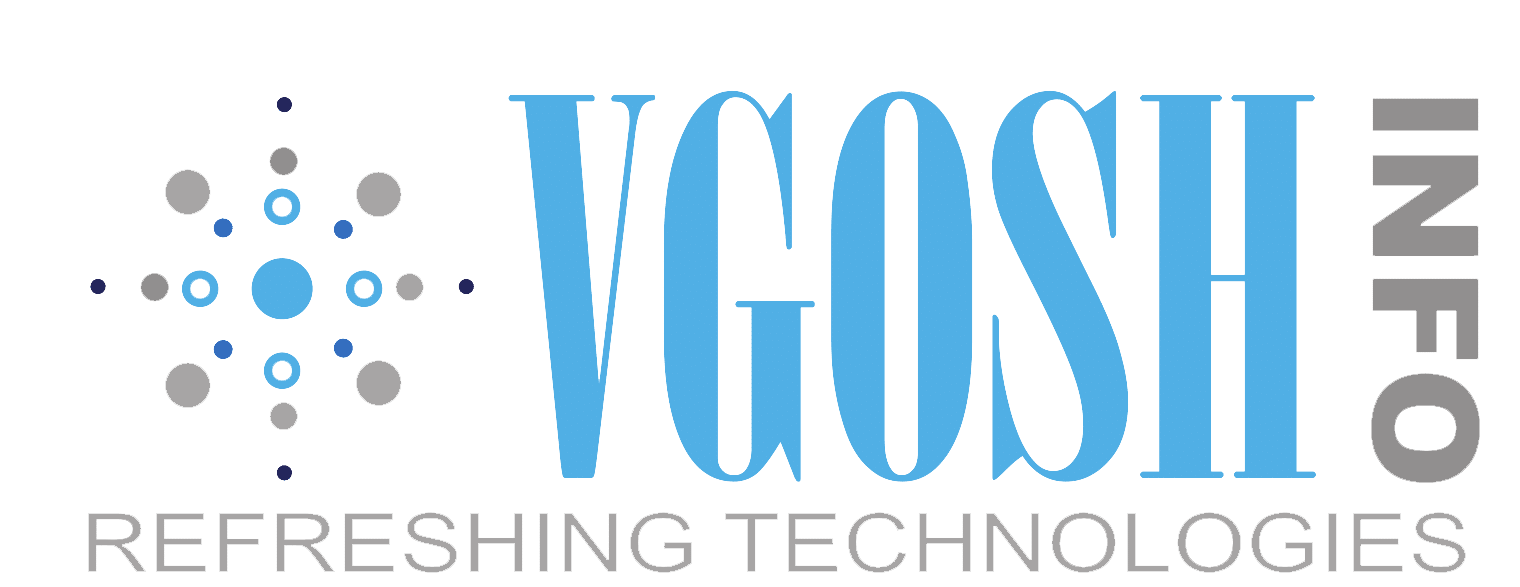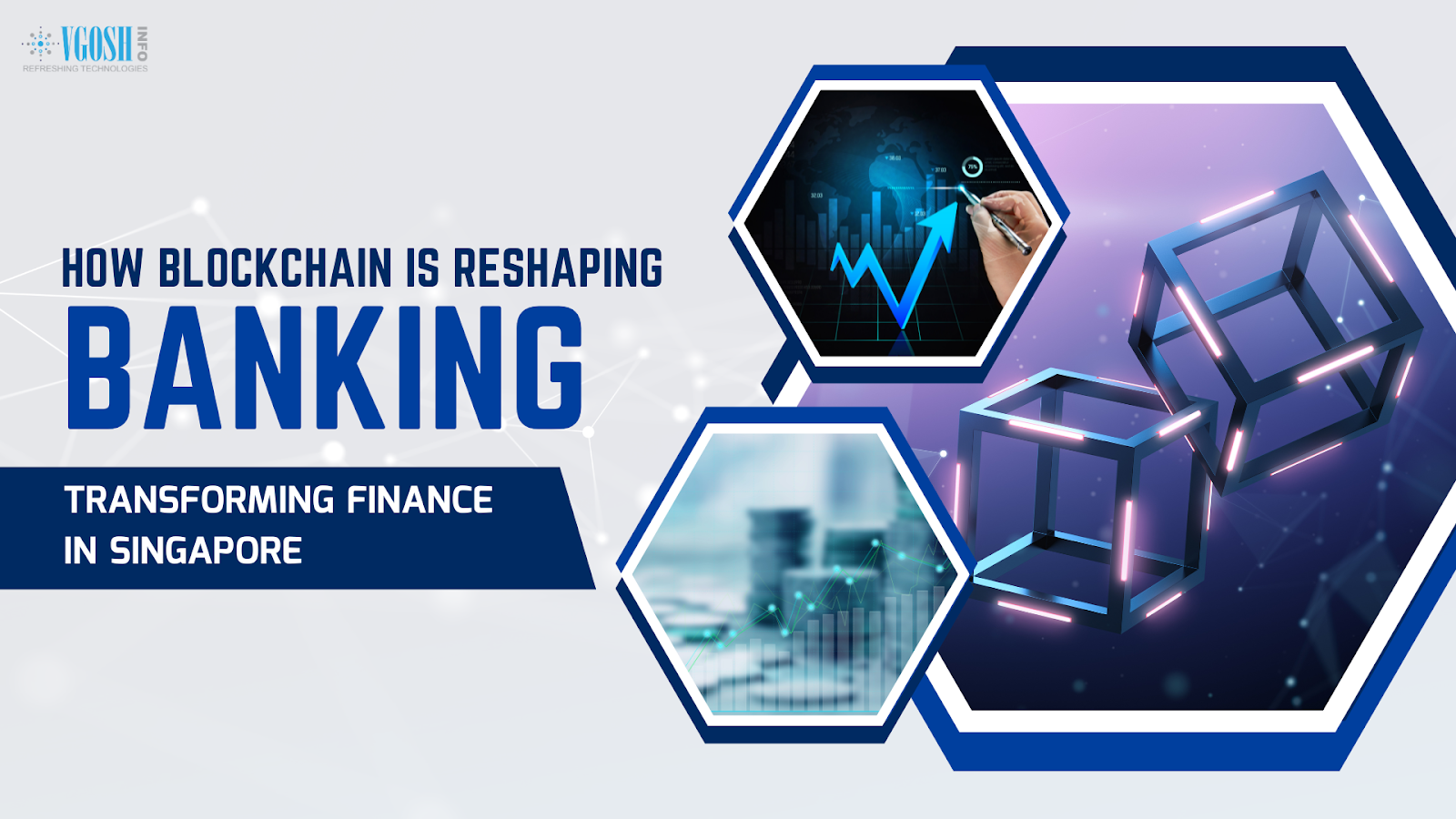Transforming Finance in Singapore: How Blockchain Is Reshaping Banking
In the ever-evolving landscape of the financial sector, technology has played a pivotal role in reshaping traditional banking systems. One of the groundbreaking innovations making waves in the finance industry is blockchain technology. Singapore, a global financial hub, has been quick to embrace this transformative technology. In this blog post, we’ll delve into how blockchain is changing the banking system, exploring its applications in Singapore and its potential to revolutionize the finance industry.
How Blockchain is Changing the Banking System
Blockchain, at its core, is a decentralized and distributed ledger that records transactions across multiple computers in a secure and transparent manner. This fundamental feature has significant implications for the banking system, addressing long-standing challenges such as security, transparency, and efficiency.
1. Enhanced Security: Traditional banking systems are vulnerable to cyber threats and fraud due to their centralized nature. Blockchain, on the other hand, employs advanced cryptographic techniques, making it highly resistant to tampering and unauthorized access. Each transaction is securely recorded in a block, linked to the previous one through complex cryptographic hashes, ensuring the integrity of the entire chain.
2. Improved Transparency: Transparency is a cornerstone of blockchain technology. Every participant in the network has access to an identical copy of the ledger, providing real-time visibility into transactions. This transparency reduces the risk of discrepancies, fraud, and errors, fostering trust among participants.
3. Increased Efficiency: The conventional banking system involves multiple intermediaries and complex processes, leading to delays and inefficiencies. Blockchain streamlines these processes by enabling direct peer-to-peer transactions without the need for intermediaries. This not only accelerates transaction speed but also reduces costs associated with third-party involvement.
How Blockchain Can Be Used in Banking and Finance
The applications of blockchain in banking and finance are diverse, offering innovative solutions to longstanding challenges.
1. Smart Contracts: Smart contracts are self-executing contracts with the terms of the agreement directly written into code. In banking, smart contracts automate and enforce the execution of contractual agreements, reducing the need for manual intervention and minimizing the risk of disputes.
2. Cross-Border Payments: Blockchain facilitates faster and more cost-effective cross-border transactions. Traditional international transfers often involve multiple intermediaries and can take days to settle. Blockchain enables direct peer-to-peer transactions, cutting down settlement times and reducing fees associated with currency conversions.
3. Know Your Customer (KYC) Processes: Blockchain streamlines KYC processes by creating a secure and immutable record of customer information. This reduces the duplication of efforts across different financial institutions, making the onboarding process more efficient while maintaining the highest standards of security.
How Blockchain Can Transform the Finance Industry
Blockchain has the potential to transform the entire finance industry by fostering innovation, enhancing security, and promoting financial inclusion.
1. Decentralized Finance (DeFi): Decentralized Finance, or DeFi, is a growing trend powered by blockchain. DeFi platforms leverage smart contracts to provide financial services such as lending, borrowing, and trading without the need for traditional intermediaries. This opens up financial services to a broader audience, including those who are unbanked or underbanked.
2. Tokenization of Assets: Blockchain enables the tokenization of traditional assets, representing them as digital tokens on a blockchain. This can include real estate, stocks, or even art. Tokenization provides increased liquidity, fractional ownership, and the ability to trade assets 24/7.
3. Enhanced Data Security: The financial industry handles vast amounts of sensitive data, making security a top priority. Blockchain’s cryptographic techniques and decentralized nature significantly enhance data security, reducing the risk of data breaches and unauthorized access.
How Blockchain is Used in Singapore
Singapore, known for its pro-business environment and technological advancement, has emerged as a key player in adopting blockchain technology.
1. Government Initiatives: The Singaporean government has actively embraced blockchain through various initiatives. One notable example is Project Ubin, a collaborative project between the Monetary Authority of Singapore (MAS) and industry partners. This project explores the use of blockchain and distributed ledger technology for the clearing and settlement of payments and securities.
2. Financial Institutions: Singapore’s financial institutions have been quick to explore blockchain applications. Banks are actively experimenting with blockchain to streamline processes, enhance security, and improve cross-border transactions. The adoption of blockchain in these institutions reflects the city-state’s commitment to staying at the forefront of financial innovation.
3. Blockchain Startups: The vibrant startup ecosystem in Singapore includes numerous blockchain startups focused on developing innovative solutions for the finance industry. These startups contribute to the city’s reputation as a fintech hub and play a crucial role in driving blockchain adoption.
In conclusion, blockchain is reshaping the banking system and transforming the finance industry as a whole. Its impact on security, transparency, and efficiency is undeniable, and Singapore stands at the forefront of this revolution. The city-state’s proactive approach, coupled with government support and a thriving ecosystem of startups, positions Singapore as a global leader in adopting and harnessing the power of blockchain in the financial sector.
As we witness the ongoing evolution of blockchain technology, it’s clear that its influence on banking and finance in Singapore will only continue to grow. The integration of blockchain solutions is not just a technological upgrade; it’s a paradigm shift that has the potential to redefine the way we perceive and engage with financial services.





